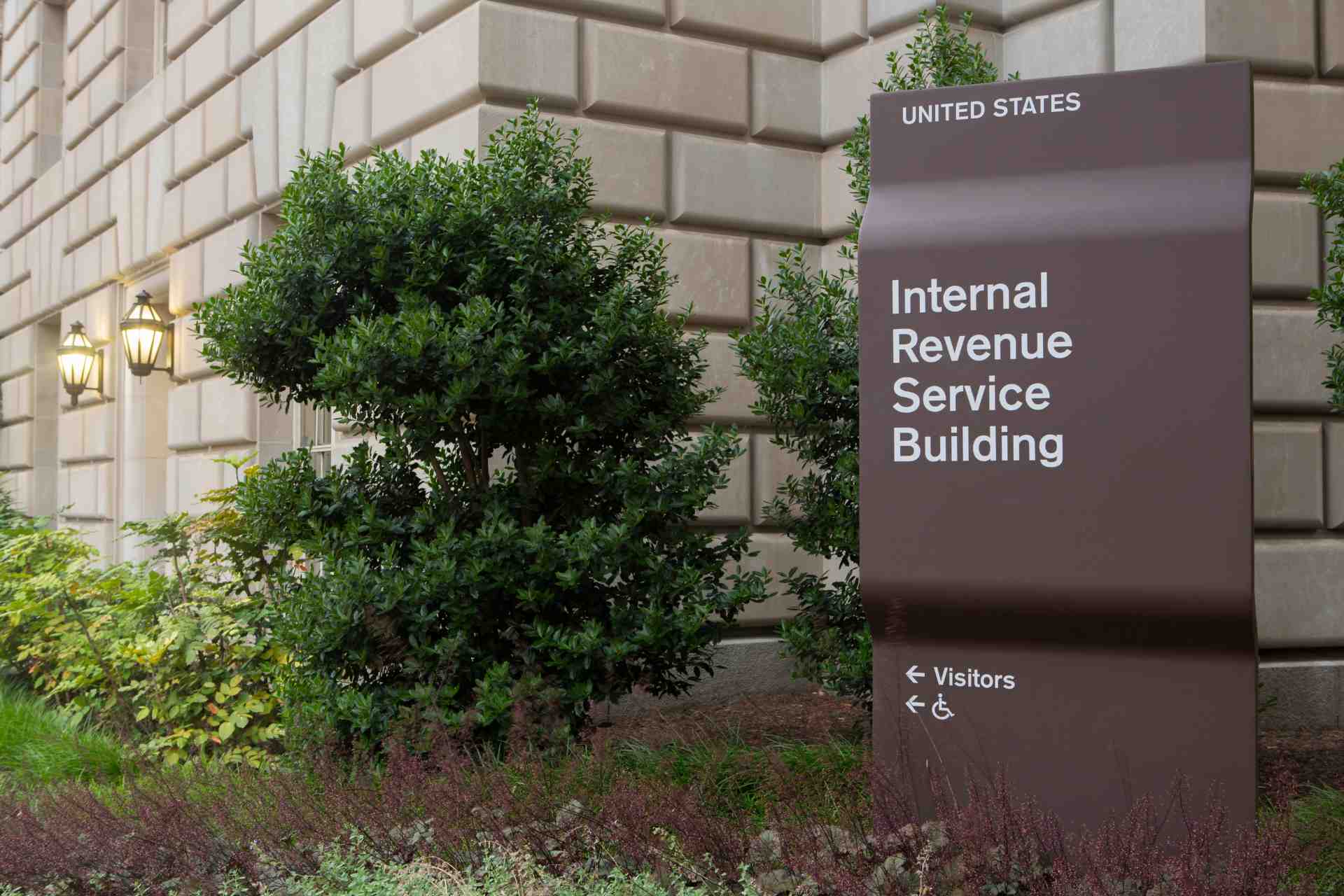Charitable Donation Appraisal
Understanding the IRS Regulations and Instructions is Crucial when you make a Non-Cash Charitable Donation

Market Comparison Value
Accurately comparing donated items
One crucial aspect to consider is the market comparison approach to value methodology. This approach involves comparing the item to be donated to similar items sold in the appropriate market. By using this methodology, donors can ensure that their appraisals are accurate and compliant with IRS regulations.

USPAP Compliant Reports
Independent Reports required by the IRS
To meet IRS requirements, obtaining an appraisal and report that is USPAP-compliant (Uniform Standards of Professional Appraisal Practice) is required. The report requires detailed information about the donated property, including its description, fair market value, supporting market comparable data, and other relevant details. This ensures that the report meets IRS standards and provides an estimate of the item’s value that can be defended should the IRS question the value.
Furthermore, engaging an IRS-qualified appraiser for non-cash charitable contributions is essential. The appraiser should have expertise in valuing the specific type of property being donated and should be knowledgeable about IRS guidelines.
Finally, donors must complete Form 8283, provided by the IRS, when itemizing deductions for non-cash charitable contributions. This form requires a summary description of the donated property (the accompanying appraisal report presents individual item details) and aggregate value. Additionally, the form must be signed by the appraiser, donor, and receiving organization.
By following these guidelines and adhering to IRS regulations, individuals can confidently navigate the process of making non-cash charitable contributions while ensuring compliance with tax laws.
Commitment to Ethical Standards
Why are the IRS-qualified appraisers of ValuePros adamant about performing donation appraisals that meet IRS standards? Because when we sign the IRS Form 8283 that you must include in your tax return, the Declaration of Appraiser reads:
I understand that a false or fraudulent overstatement of the property value as described in the qualified appraisal or this Form 8283 may subject me to the penalty under section 6701(a) (aiding and abetting the understatement of tax liability). I understand that my appraisal will be used in connection with a return or claim for a refund. I also understand that if there is a substantial or gross valuation misstatement of the value of the property claimed on the return or claim for refund that is based on my appraisal, I may be subject to a penalty under section 6695A of the Internal Revenue Code and other applicable penalties.
Schedule an Appraisal Now
Our accredited Appraisers meet you remotely or come to you. Your property always remains in your control.
- Select an Appraisal Service:





